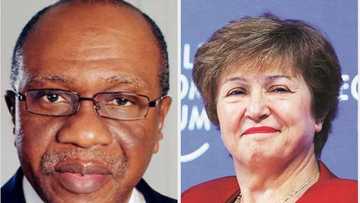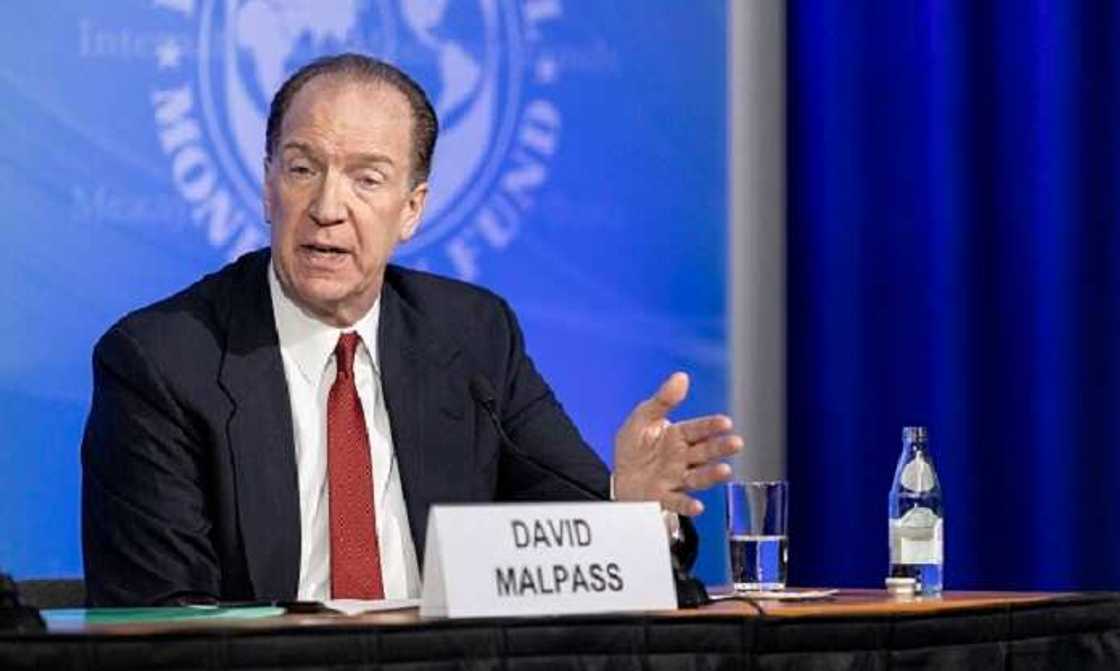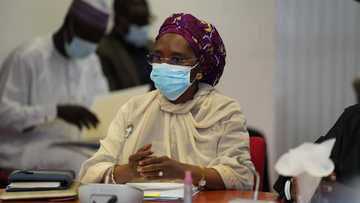World Bank Predicts Nigeria Economy will Grow, but Slower than 4.20% Predicted in FG's 2022 Budget
- The federal government projects that the economy will rise by 4.2 percent in its recently signed 2022 budget
- However, World Bank believes it will in-fact grow by 2.5 growth giving various reasons why it will
- Defending the expected growth rate, Minister of Finance, Zainab Ahmed believes the expected 2022 economic growth will lift many Nigerians out of poverty
The World Bank has predicted that Nigeria's Gross Domestic Product will improve by 2.5 percent in 2022, lower than 4.2 percent projected by the Federal government in its budget.
The global lender made the prediction in its January 2022 Global Economic Prospect released on Tuesday, 11 January 2022.
It noted that higher oil prices and activities in the service sectors, such as telecommunications and financial services, will drive this slightly upward growth.

Read also
For the tenth year in a row, the IMF wants CBN to devalue the Naira, raise interest rates on loans

Source: UGC
According to the minister of Finance, Zainab Ahmed, the real GDP growth forecast is 4.2% in 2022.
PAY ATTENTION: Subscribe to Digital Talk newsletter to receive must-know business stories and succeed BIG!
However, World Bank believes:
“In Nigeria, growth is expected to go up slightly to 2.5 percent in 2022 and 2.8 percent in 2023.
"Higher oil prices, a gradual lifting of the Organization of Petroleum Exporting Countries' output curbs, and local regulatory reforms should boost the oil sector. Service sector activity is likely to pick up, notably in telecommunications and financial services."
"However, it was suggested that recovery from pandemic-induced income, job losses, and inflation would be delayed."
It added that issues of violence and social unrest, alongside emerging COVID-19 threats, would restrain economic activities in the non-oil sector, The Punch reports.
Word Bank continues:
"High levels of violence and social unrest, as well as the threat of new COVID-19 outbreaks, will continue to impede the non-oil economy, with remaining mobility restrictions being lifted cautiously due to low vaccination rates — only about 2% of the population had been fully vaccinated by the end of 2021."
CBN releases selection criteria for participation in 100 for 100 Policy
Meanwhile, legit.ng had earlier reported that the Central Bank of Nigeria on Sunday, unveiled the selection process of its newly introduced financial tool the 100 for 100 PPP.
The apex bank made this official in a notice issued and signed by the development finance department.
CBN explained that the selection would be rated on the immediate impact the participating companies has on various sectors of the economy.
Source: Legit.ng



